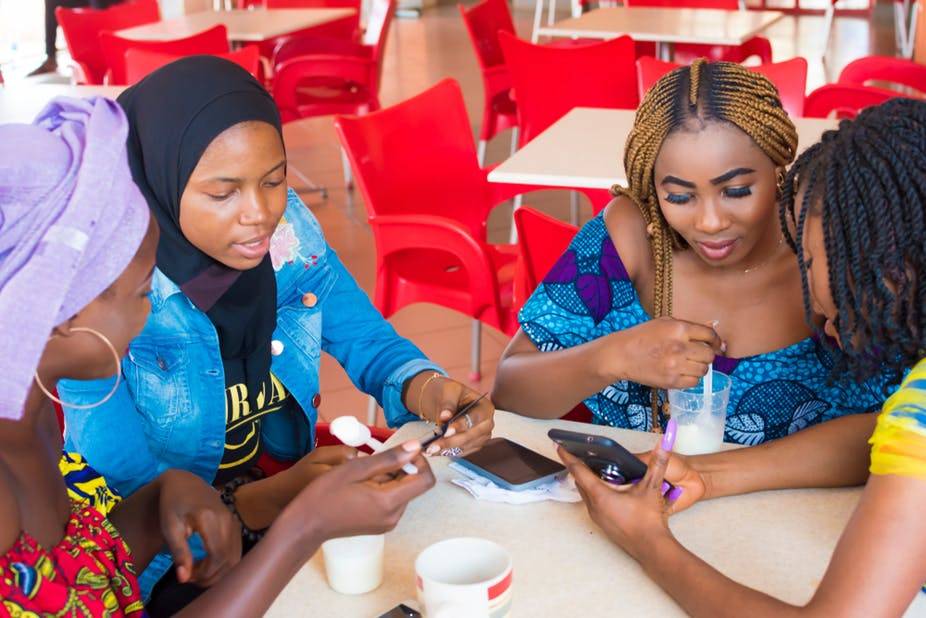COVID-19 Misinformation Forces WhatsApp To Only Let Users Forward Messages To 1 Person

With viral misinformation outpacing the spread of the coronavirus pandemic itself, private messaging apps like WhatsApp have come under scrutiny for their role in inadvertently enabling the spread of fake news.
It is with this in mind that WhatsApp has now moved to limit the spread of potentially bogus information by only allowing users forward viral messages to just a single person at a time from now henceforth.
WhatsApp on Tuesday said it would place new limits on the forwarding of messages. Starting today, messages that have been identified as “highly forwarded” — sent through a chain of five or more people — can only be forwarded to a single person.
The move is designed to reduce the speed with which information moves through WhatsApp, which is coincidentally the most-used app in Africa and the favourite among older people who have a tendency to unwittingly forward hoax messages out of fear.
In the last few days, a number of voice notes and videos from conspiracy theorists alleging links between the COVID-19 pandemic and the rollout of 5G technology have gone viral on WhatsApp and other platforms. There’s another bogus story about a vaccine being prepped with a sinister ulterior motive.
Before then, another false message touting the malaria drug, Chloroquine, as the cure for COVID-19 had gone viral, resulting in at least two cases of Chloroquine poisoning in Nigeria.
Plus there are several other COVID-19-related fake news conveyed through WhatsApp where end-to-end encryption makes it almost impossible for authorities to determine who might be using the app to mislead people and foment panic, suspicion, and fear.
WhatsApp has now moved to somewhat fix this by putting a cap on how “blown” unverified repeatedly-forwarded messages can get.
“We know many users forward helpful information, as well as funny videos, memes, and reflections or prayers they find meaningful. In recent weeks, people have also used WhatsApp to organize public moments of support for frontline health workers,” the company, which is part of Facebook, said in a blog post.
“However, we’ve seen a significant increase in the amount of forwarding which users have told us can feel overwhelming and can contribute to the spread of misinformation. We believe it’s important to slow the spread of these messages down to keep WhatsApp a place for personal conversation.”
During the Ebola epidemic which plagued parts of Sub-Saharan Africa in 2014, this WhatsApp broadcast made the rounds:
“Please ensure that you and your family and all your neighbors bathe with hot water and salt before daybreak today because of Ebola virus which is spreading through the air.“
This hoax message was widely forwarded via WhatsApp. The ‘false prescription’ went viral in just a matter of hours and the result was at least two fatalities from excessive salt consumption and several others were hospitalised.
In 2018, a crisis in India resulted in mob violence which was later found to have been triggered by false information that had gone viral on WhatsApp.
After that horrible incident, WhatsApp began experimenting with limits on the number of times a message could be forwarded. It also began labeling forwarded messages for the first time and adding two arrows to show that a message has been repeatedly forwarded.
Last year, the company began limiting the number of people you can forward a single message to five. WhatsApp claims these measures have reduced forwarded messages around the world by 25 percent.
But fresh concerns about misinformation conveyed in forwarded messages have been rife since COVID-19 went from outbreak to pandemic.
Many have even called for WhatsApp to disable the “forward message” feature altogether. And now, WhatsApp appears to have bowed to pressure somewhat by limiting forwards to just one person.